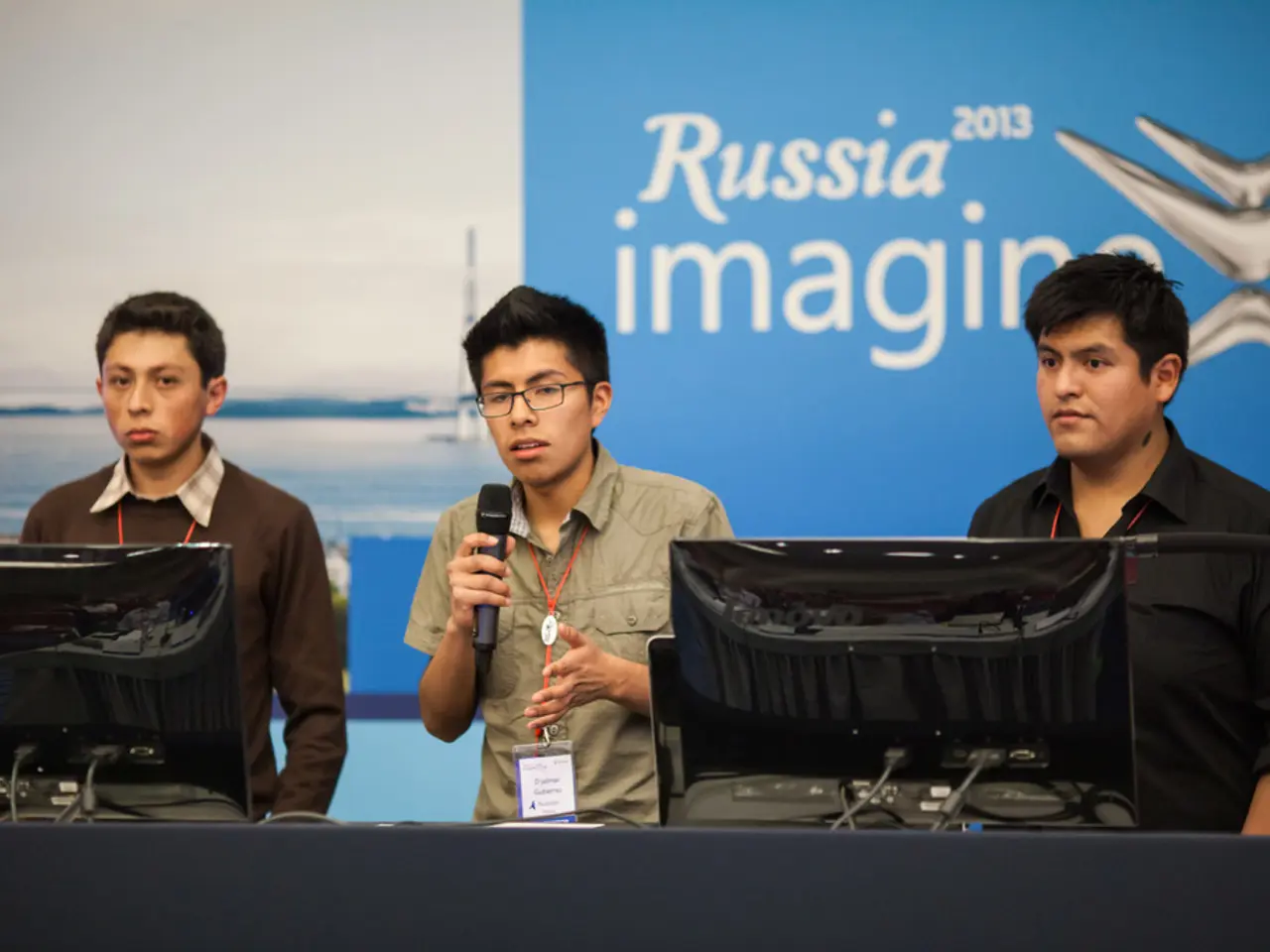Trump-Putin meeting: Latest updates on their discussions
In a significant diplomatic move, United States President Donald Trump and Russian counterpart Vladimir Putin will hold talks in Alaska on August 15. This will mark the first face-to-face meeting between the two leaders since 2019, and the last time Putin met a US president in the United States was during talks with Barack Obama at a UN General Assembly in 2015.
The talks, set to take place in Alaska, aim to end the ongoing conflict in Ukraine, which was triggered by Russia's February 2022 invasion. The potential benefits for both nations are substantial. For the United States, such talks offer a chance to influence Russia’s actions and seek a peaceful resolution, while for Russia, dialogue can provide an opportunity to negotiate terms, gain political leverage, and possibly delay or shape outcomes favorable to its interests.
However, the challenges are significant. The Alaska talks have so far produced no concrete agreements or ceasefire commitments, reflecting deep mistrust and fundamentally opposing goals. Russia’s continued military actions during the meeting, and its refusal to soften demands, indicate an unwillingness to compromise. For the U.S., the risk is that talks might legitimize Russia’s territorial claims or be perceived as pressuring Ukraine to concede, which could weaken Ukraine’s position and cause political backlash.
Experts view the Alaska meeting as a first step but largely disappointing, with a realistic hope for progress only emerging possibly late 2025 or spring 2026, especially if negotiations shift to broader powers like China and the U.S.
Yuri Ushakov, a Kremlin aide, expressed hope that the next meeting between the two presidents would take place on Russian territory. However, Kyiv has expressed a desire to make the summit a three-way meeting with Putin. Ukraine's President, Zelensky, has been seeking security guarantees from Western backers, including the deployment of foreign troops as peacekeepers to enforce any ceasefire.
Economic interests and prospects for large-scale, mutually beneficial projects are also expected to be discussed during the meeting. The summit will take place in Alaska, which was sold to the United States in 1867. Notably, the western tip of Alaska is not far from the easternmost part of Russia, making it an ideal location for discussions.
However, the talks have been clouded by the International Criminal Court (ICC) arrest warrant for Putin, which had been thought to narrow the potential number of venues for the summit. Despite multiple rounds of peace talks, Russia and Ukraine appear no closer to agreeing on an end to the fighting.
The meeting was announced on Trump's Truth Social site and later confirmed by the Kremlin. Putin previously held a summit with Trump in Helsinki in 2018. Russia has demanded Ukraine withdraw its forces from four regions it claims to have annexed, commit to being a neutral state, shun Western military support, and be excluded from joining NATO. Trump's special envoy proposed a trilateral meeting with Putin, but Putin has not indicated a willingness to meet Zelensky.
In summary, the Alaska talks offer a potential opportunity for diplomatic dialogue, but the deep-seated differences and ongoing hostilities suggest that a lasting peace may still be a distant prospect.
Discussions between President Trump and Vladimir Putin in Alaska, concerning policy and legislation related to war-and-conflicts, specifically the ongoing conflict in Ukraine, may lead to politics influencing Russia's actions for a peaceful resolution. However, general news reports show that these talks have yet to produce concrete agreements, reflecting deep mistrust, opposition in goals, and Russia's unwillingness to compromise.






